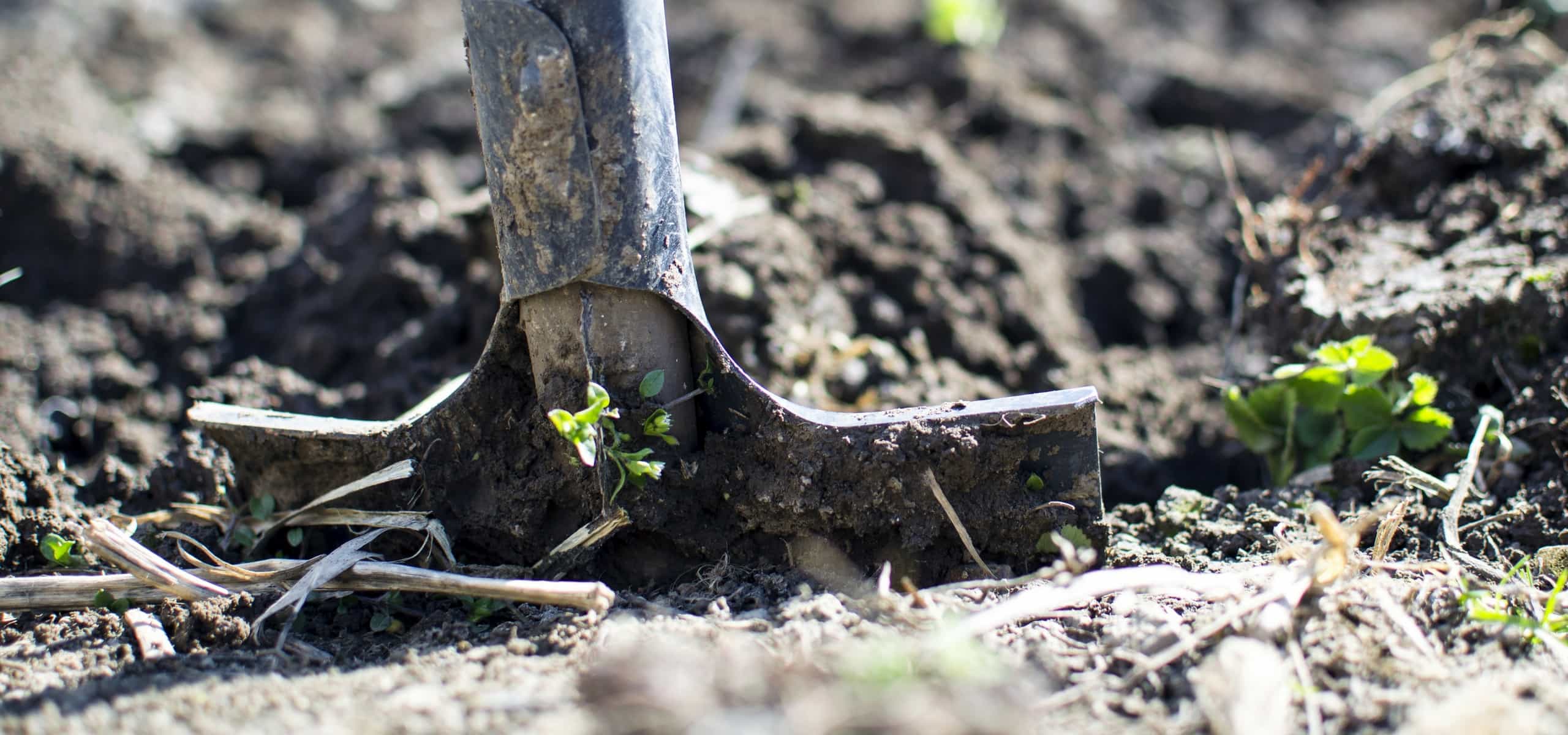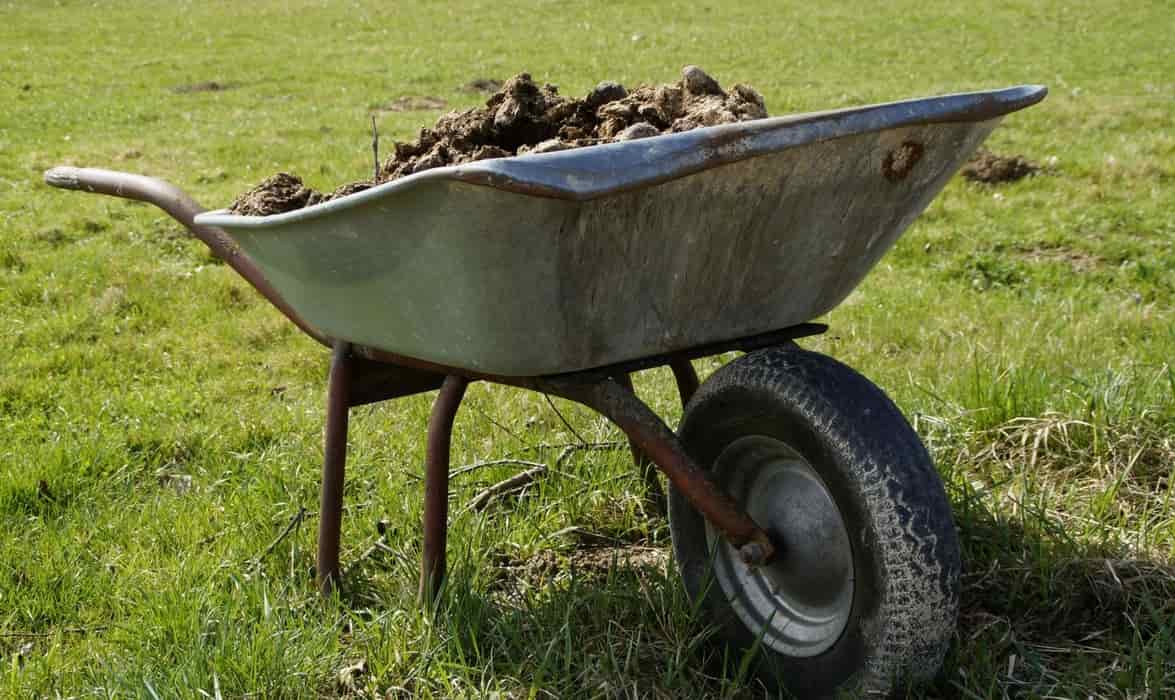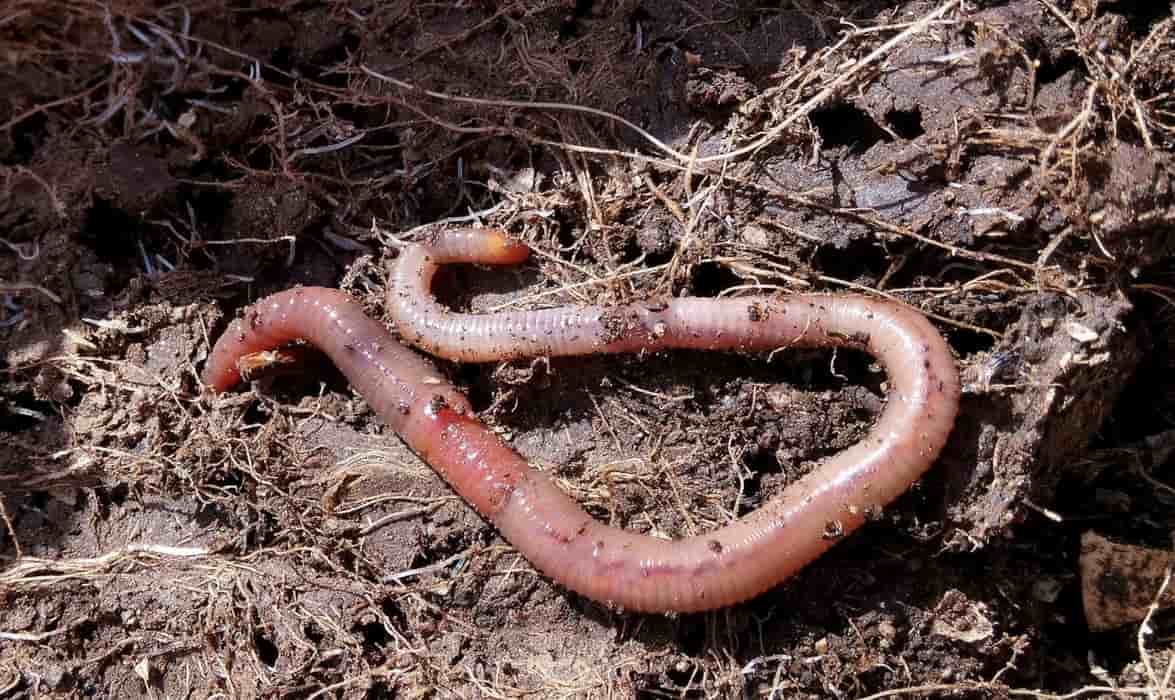
Nourrir le sol naturellement
Fertilising your organic vegetable garden: compost, manure, green manures, and organic fertilisers
Contents
Feeding your soil naturally is the foundation of organic gardening. Indeed, to develop and produce abundantly, vegetable plants require generally humus-bearing soil, rich in nutrients. These main elements, nitrogen, phosphorus, and potassium, are consumed over the course of the plants’ growth.
In natural and organic gardens and vegetable patches, fertilisation involves feeding the living organisms in the soil (earthworms, decomposer insects, bacteria, and fungi…) which, in turn, will nourish the soil that nourishes the plants. The goal is not simply to provide nutrients to the plants, but also to improve, in the long term, the texture of your soil. Here are our tips.
Why fertilise your soil naturally: the benefits
Fertilising your vegetable garden naturally is much more than just an ecological gesture: it is a sustainable method that benefits biodiversity, improves soil quality, and enhances plant resilience. Unlike chemical fertilisers, which can deplete the soil over time and disrupt the biological balance of the soil, organic amendments nourish the entire ecosystem. Here’s why adopting this approach is beneficial for your vegetable garden:
A positive impact on biodiversity
Soil is a true ecosystem, home to millions of microorganisms (bacteria, fungi, earthworms, decomposer insects) that play a vital role in the fertility of the vegetable garden. By using compost, manure, or green manures, we nourish these living organisms, which in turn:
- Decompose organic matter and gradually release the nutrients necessary for plants.
- Aerate the soil by burrowing tunnels (notably earthworms), thus facilitating the penetration of water and roots.
- Maintain a natural balance, limiting the proliferation of soil pests and diseases.
In contrast, chemical fertilisers, often soluble, provide nutrients in a harsh and unbalanced manner. They promote rapid plant growth but weaken the biological activity of the soil in the long term, making crops more dependent on artificial inputs.
Better soil structure: looser and richer in microorganisms
Well-structured soil is the key to a productive vegetable garden. Organic matter from composts, manures, and mulches improves soil texture by:
- Preventing compaction and promoting loose soil that is easy to work with.
- Increasing the soil’s ability to store and gradually release nutrients.
- Creating an environment conducive to underground life, essential for the health of the vegetable garden.
Chemical fertilisers do not improve soil structure. Worse, with excessive use, they can make it compact and depleted, thus limiting root development and the circulation of water and air.
Better water retention and increased disease resistance
Naturally enriched soil acts like a sponge, retaining water more effectively while avoiding excesses that promote the development of fungal diseases. Thanks to organic matter, the soil:
- Absorbs and retains moisture, thereby reducing the need for watering.
- Creates a more balanced environment for plants, allowing them to better withstand water and climate stresses.
- Improves nutrient assimilation by plants, strengthening their immune system against diseases and pest attacks.
Read also
Succeeding with composting in 5 StepsAdding organic matter
To fertilise naturally, organic matter is added from:
- compost: garden waste as well as kitchen waste (peelings, leftovers…) are stored and broken down by micro-organisms to obtain an amendment that will be returned to the garden. Compost can also be commercially sourced.
- animal manures (horse, poultry, cow…): these consist of excrement (high in nitrogen), but also bedding (straw, carbon material), which balances the mixture. These manures should not be used fresh, but well decomposed, just like compost. Dehydrated manure is easily found in pellet form. This solution is practical for those living in urban areas.

Always use well-decomposed manure
Fertilisation is preferably carried out in autumn or early spring, at a rate of 3 kg of compost or manure per m2.
These contributions can be supplemented by:
- the use of green manures (phacelia, mustard, vetch, buckwheat…) as well as organic mulches (dried grass clippings, shredded pruning residues) which have the advantage of covering the soil while nourishing it as they decompose,
- natural phytostimulant products such as nettle manure (high in nitrogen) or comfrey manure (rich in potash and boron). These manures act quickly, stimulating growth, flowering, and fruiting. When used as a spray, they also improve foliar resistance.
Please note: in addition to green manures, legumes (peas, beans, broad beans, clover, lupin, vetch) capture nitrogen from the air and return it to the soil, thus reducing the need for fertilisers. Tagetes (marigold) and flax, on the other hand, improve soil structure while repelling certain pests such as nematodes and harmful insects, thus promoting a healthier and more balanced vegetable garden.
Essential precautions during fertilisation
- Respect the needs of plants by considering the “appetite” of the vegetable you plan to grow following fertilisation. For example, garlic does not require prior amendment, unlike squashes which only fruit in very rich soil.
- Do not bury organic matter. Additions should be made on the surface; it is unnecessary, and even harmful, to deeply bury compost or manure, especially if it is not mature. A simple raking to a depth of 5 to 10 cm is sufficient, as earthworms and other living organisms in the soil will take care of the mixing.
- Do not over-fertilise. Excessive additions weaken plants while releasing nitrates, which are harmful to the environment.

Earthworm: an essential player in soil fertilisation
- Subscribe!
- Contents






























